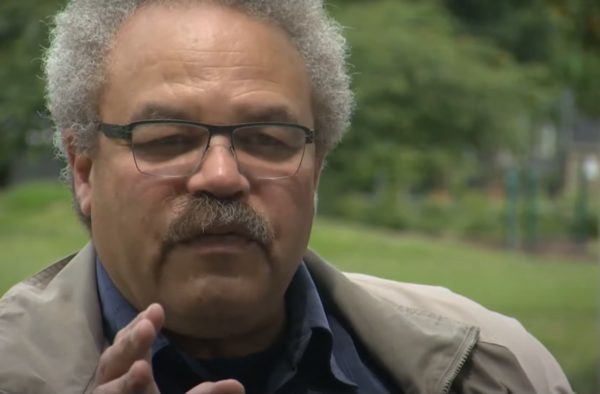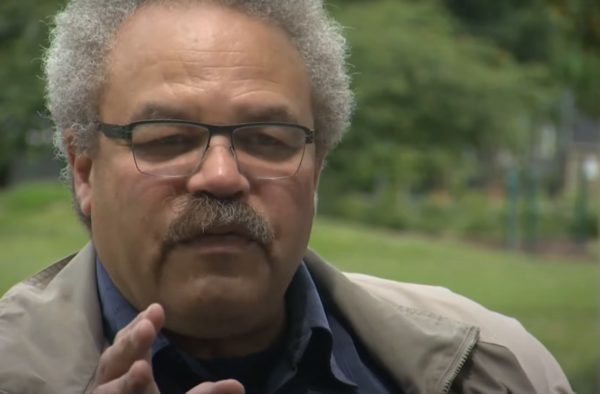State Senator Proposes Reparations of $123K a Year for Black Oregonians
A Black senator from Oregon has proposed that Black Oregonians be paid reparations to redress racial disparities in the state.
Sen. Lew Frederick, a Portland Democrat, has sponsored two bills in the new legislative session that provide a path towards making the case for reparations, and setting the framework for how they would be distributed.
“(Senate Bill) 618 really says is there a case to be made for reparations — that’s what 618 does,” he said. “(Senate Bill) 619 says if there is a case to made, how will that be done.”

“The Department of Revenue shall establish a program to pay reparations to Black Oregonians who can demonstrate heritage in slavery and who submit an application to the department no later than December 31, 2022.”
“The department shall pay to each eligible applicant the amount of $123,000 … annually for the life of the applicant,” it says.
An eligible individual must also have identified as African-American on legal documents for at least 10 years before submitting an application. In addition, a person must have resided in the state of Oregon, which is now approximately 2 percent Black, for at least two years.
The funds, paid out by the Department of Revenue, would be exempt from garnishment and all state, county and municipal taxation.
Frederick said the details have not been solidified. “Part of governing, part of being in a situation like this is that you bring up issues, then you discover how you could resolve those issues.”
Last year, some officials took steps towards legislation that would provide reparations descendants of slave to address racial disparities that result from centuries of brutality and institutionalized racism.
California lawmakers began setting up a task force to study reparations, and officials in cities like Asheville, North Carolina, and Providence, Rhode Island, have proposed measures to address years of injustice.
Riccardo Waites, founder of the Central Oregon Black Leaders Assembly activist group, said he doesn’t believe the bill in the Beaver State will pass. He questioned how applicants would meet the requirement of demonstrating slave heritage.
“Who’s going to have evidence of their slave history?” Waites said. “Our history has been erased, so who’s going to have that knowledge?”
Oregon’s legislative session began on Jan. 19.

